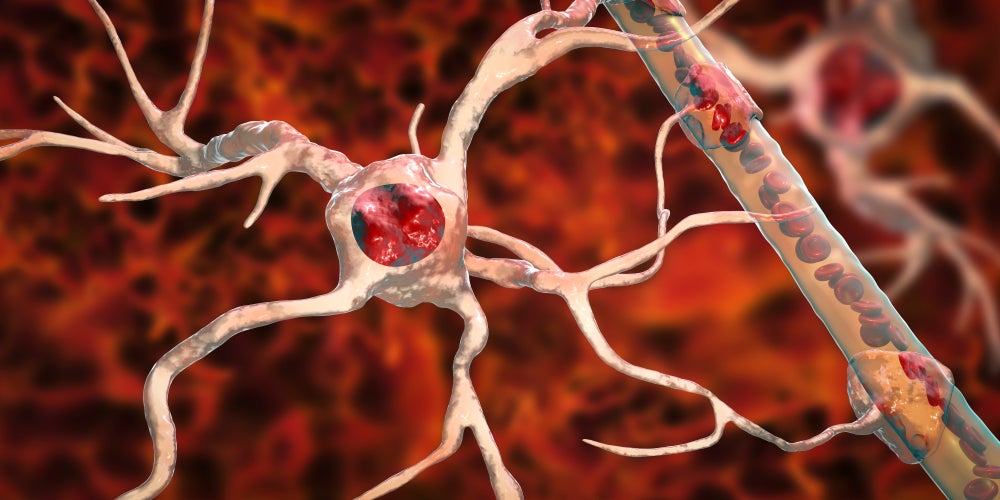Boston Scientific has achieved a significant milestone with the European CE [Conformité Européenne] marking of its Vercise Neural Navigator 5 software, an integral part of the company’s Deep Brain Stimulation (DBS) system for treating Parkinson's disease. This development underscores a growing trend towards integrating sophisticated technology in managing neurological conditions, aligning with the wider industry's movement towards precision medicine, as noted in the US Food and Drug Administration's call for innovation specifically for Parkinson’s disease.
According to GlobalData, the market for neurological devices was valued at $12.5 billion in 2023 and is expected to show a compound annual growth rate of 4.60% to reach $20.9 billion by 2033. This growth underscores the increasing importance and demand for advanced diagnostic and monitoring technologies in neurology, including those targeting Parkinson's disease.
Reflecting on the recent focus on wearable technologies and digital health apps — such as those that utilise Apple Watch data for monitoring Parkinson’s symptoms — shows a parallel path of innovation. While wearable technologies offer continuous monitoring outside clinical settings, advanced tools such as Boston Scientific’s software enhance therapeutic interventions, providing a comprehensive approach to disease management. Other cleared apps that use Apple Watch data include Rune Labs’ StrivePD software and an app developed by digital health company NeuroRPM.
The integration of advanced software in medical devices and the use of AI in developing diagnostic and monitoring tools are setting new standards in the treatment and management of neurological disorders. Future initiatives may focus on expanding the adoption of DBS and similar technologies by demonstrating their effectiveness and efficiency in clinical settings.
Boston Scientific's latest achievement with its Vercise Neural Navigator 5 software not only marks a significant advancement in Parkinson’s disease treatment technology but also aligns with the broader trend towards high-tech solutions in healthcare. This development, alongside ongoing innovations in wearable technology and digital health, signifies a promising shift towards more personalised and effective management of neurological conditions.









